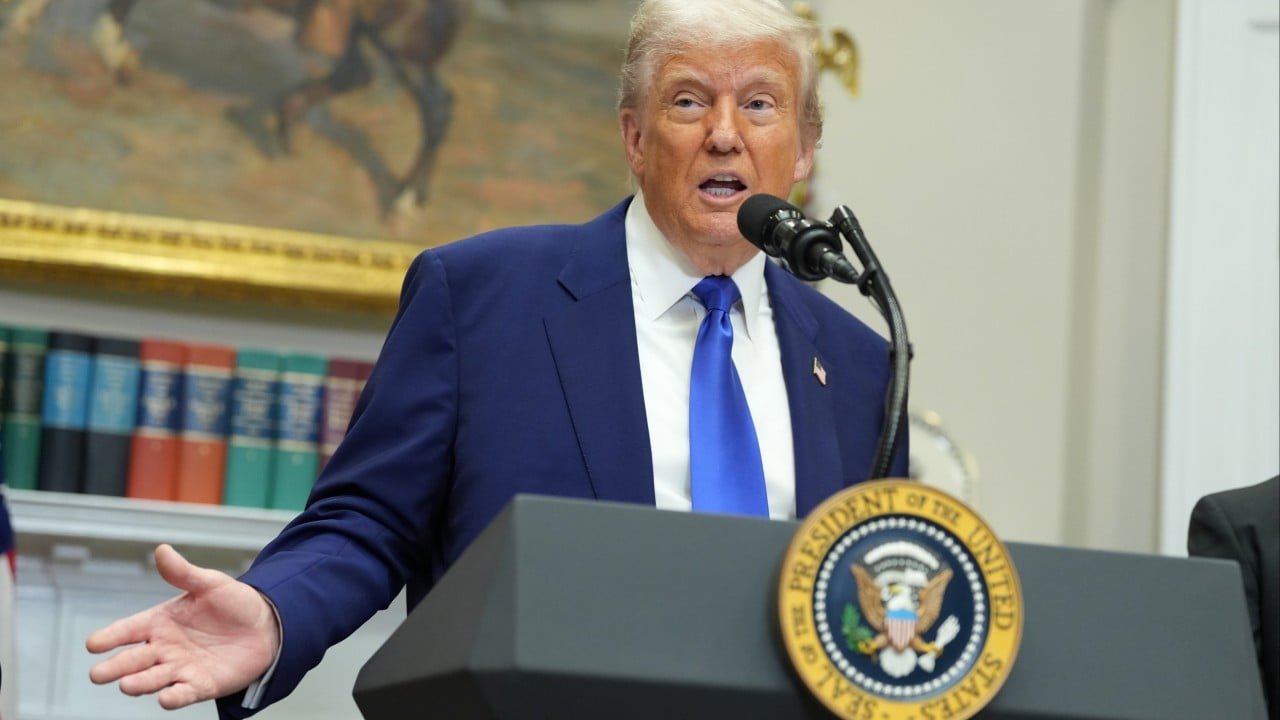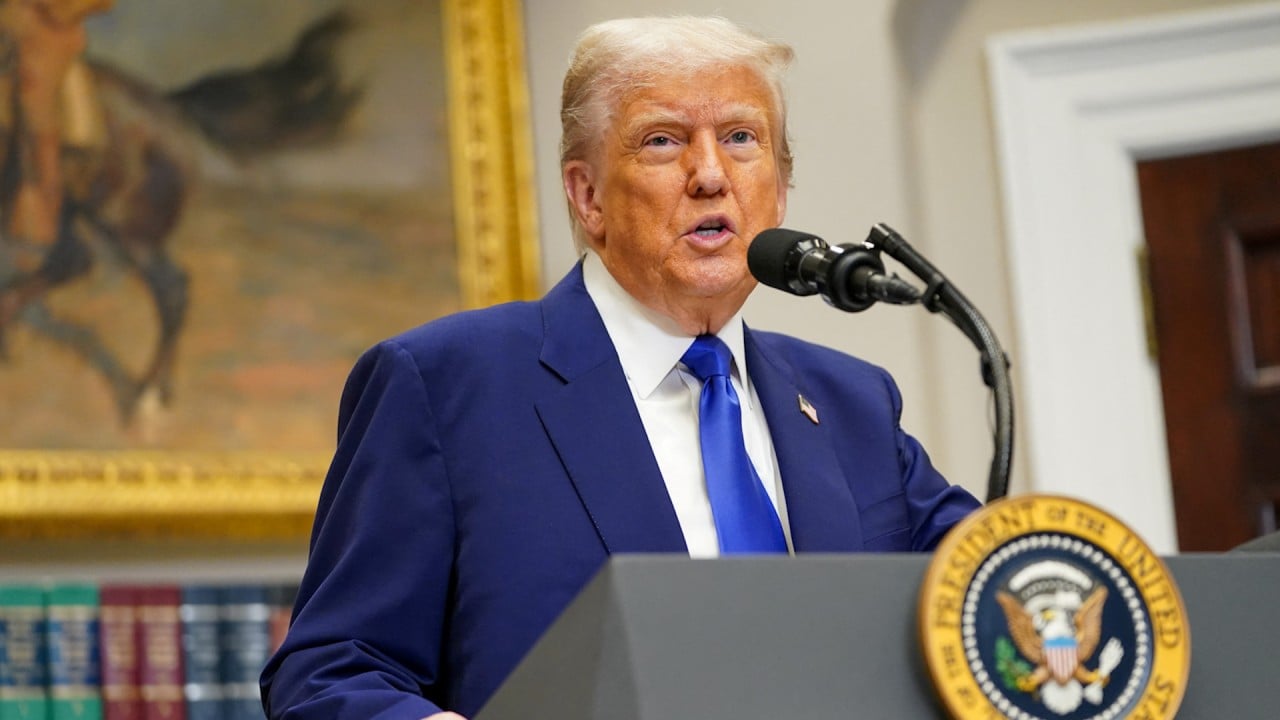After their first set of talks since US President Donald Trump’s sweeping “Liberation Day” tariffs turned Washington’s trade war with China into a world-spanning conflagration, both Beijing and Washington – perhaps unsurprisingly – hailed the resultant removal of most of those steep import duties as a victory for their side.
Advertisement
In a statement titled “Art of the Deal”, the White House boasted that the agreement “reduces tariffs, ends retaliation, and sets Americans on the path for truly free, fair trade”. Another missive hailed the talks as a “historic” win.
However, several analysts contend it was Beijing that walked away from the table with the upper hand.
China emerged from the talks visibly unshaken and with its geopolitical position reinforced, and “the real significance lies, therefore, in the performative dimension of power projection”, which could prove more valuable over the long term than immediate economic gains, said Sebastian Contin Trillo-Figueroa, a geopolitical strategist based in Hong Kong.
“In essence, focusing on whether Beijing secured an economic victory overlooks a more consequential reality: it has consolidated its status as the only credible global counterweight to Washington,” he said.
China entered the negotiations from a position of strength, with years of preparation under its belt after having learned from dealing with Trump during his first term, said Gong Jiong, an economics professor at the University of International Business and Economics.


